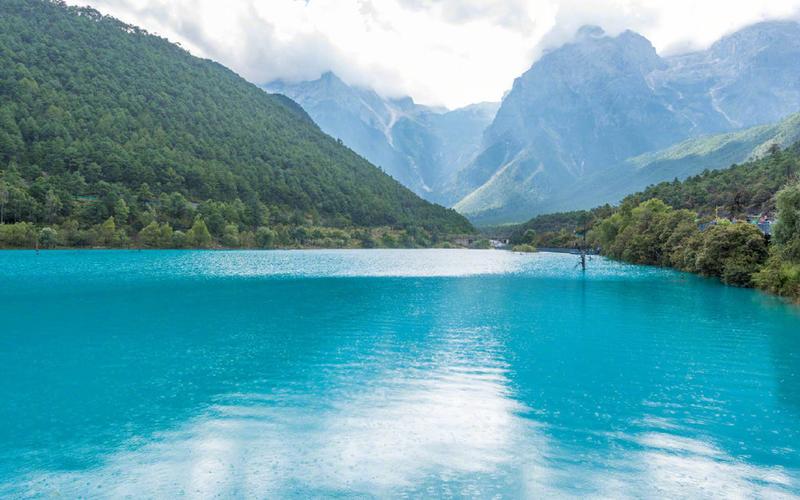Unveiling the Cultural Evolution of Kerala: A Fascinating Journey through Time
Kerala is a state in South India that has a rich cultural heritage that dates back to thousands of years. Kerala has been a melting pot of various cultures, religions, and faiths, which has contributed to its unique cultural identity. In this article, we will take a closer look at the cultural evolution of Kerala, which is a fascinating journey through time.
The Early Days
The history of Kerala can be traced back to the Neolithic era, with evidence of human habitation found in various parts of the state. The early inhabitants of Kerala were the Dravidians, who were primarily engaged in agriculture and other traditional industries. The Dravidians also had a strong belief system and practiced various forms of worship.
The Arrival of Foreign Influences
Over the course of history, Kerala has been influenced by various foreign cultures, including the Greeks, Romans, Arabs, and Chinese. However, the most significant influence on the cultural evolution of Kerala came from the Europeans, particularly the Portuguese, Dutch, and British. The Europeans introduced new technologies, cuisine, and customs to the state, which had a lasting impact on its cultural identity.
The Birth of Kathakali
Kathakali is a traditional dance form that originated in Kerala and is known for its colorful makeup, elaborate costumes, and intricate hand gestures. The roots of Kathakali can be traced back to the ancient Sanskrit text, Natya Shastra, which outlines the rules and principles of Indian classical dance. Kathakali has been recognized as one of the most significant contributions of Kerala to the world of art.
Cuisine of Kerala
Kerala is known for its unique cuisine, which is characterized by the use of coconut and spices. The cuisine of Kerala has been influenced by various cultures, including Chinese, Portuguese, Dutch, and British. Some of the popular dishes of Kerala include appam, puttu, dosa, idli, sambar, and fish curry. The cuisine of Kerala has gained a global reputation for its unique blend of flavors and spices.
The Role of Religion
Religion has played a significant role in shaping the cultural landscape of Kerala. Hinduism and Christianity are the dominant religions in the state, followed by Islam. Kerala has a rich tradition of temple festivals, which are celebrated with great fervor and enthusiasm. The state also has several churches and mosques that are of historical and cultural significance.
The Present Day
The modern-day culture of Kerala is a unique blend of tradition and modernity. The state has made significant progress in various fields, including education, healthcare, and infrastructure. Despite the rapid modernization of the state, Kerala has managed to preserve its cultural heritage and traditions.
Conclusion
Kerala’s cultural evolution has been a fascinating journey through time, shaped by various influences and traditions. The state’s rich cultural heritage continues to amaze and inspire people from all over the world. Kerala’s unique blend of tradition and modernity is a testament to the state’s ability to adapt and evolve over time while retaining its identity and values.
(Note: Do you have knowledge or insights to share? Unlock new opportunities and expand your reach by joining our authors team. Click Registration to join us and share your expertise with our readers.)
Speech tips:
Please note that any statements involving politics will not be approved.
